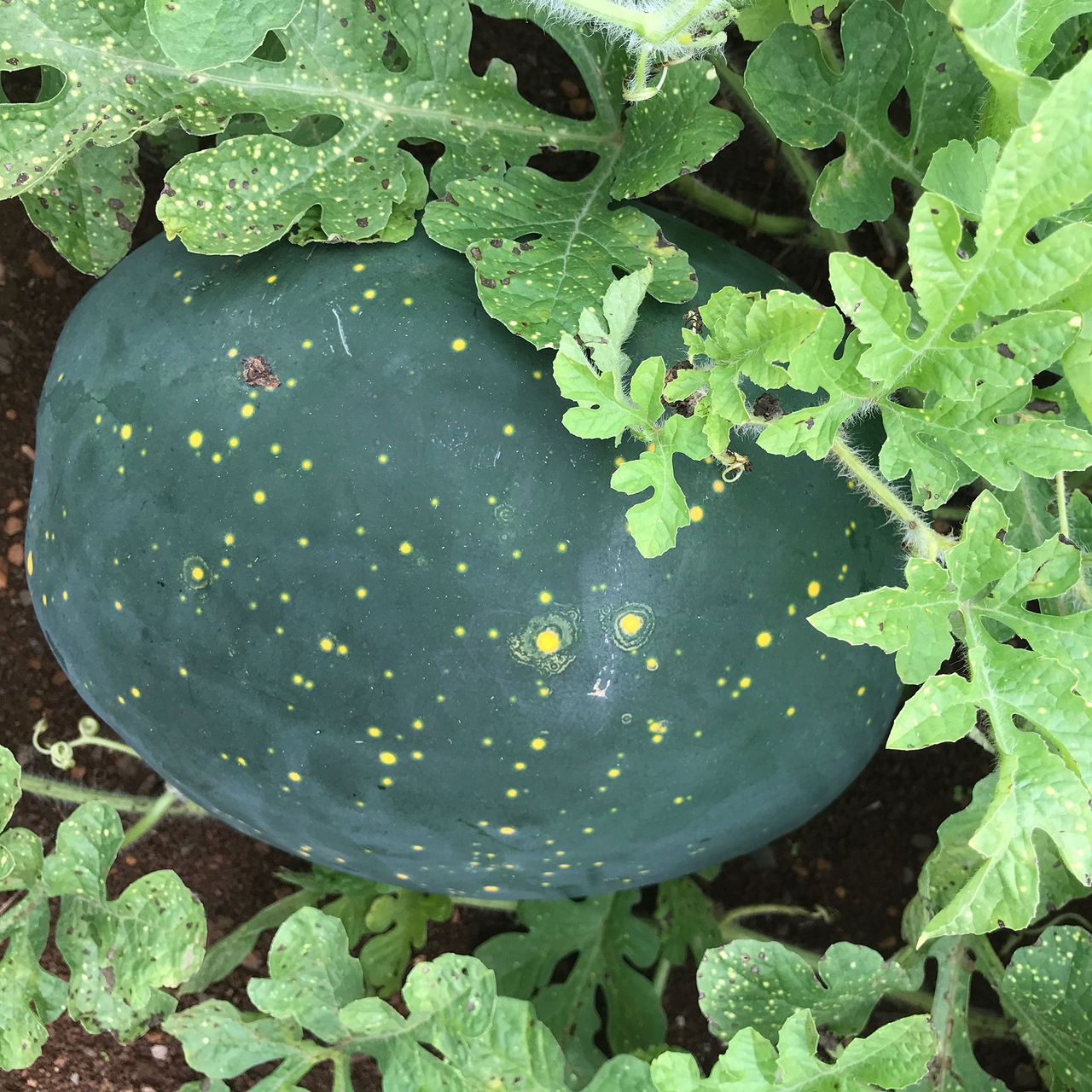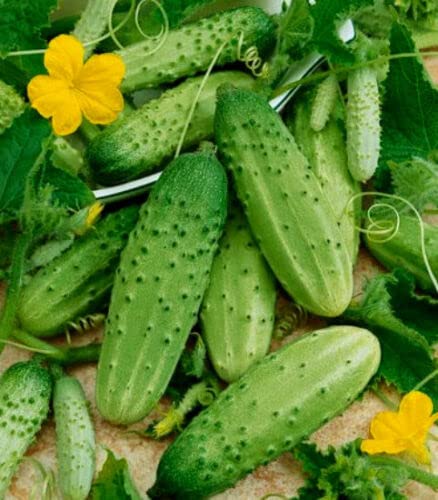Gardeners often refer to heirloom seeds as "Grandmother's seed" or something similar. As the name implies, heirloom seeds are carried down from generation to generation, similar to handing down a desired antique from generation to generation. What is so special about this? Isn't that what a seed company can do? In short, yes. But the full answer to this question is a little more complicated.
Hybrid vs. Heirloom
Most gardeners are familiar with "hybrid seed. Hybrid seed is essentially the opposite of heirloom seed. Hybrid seed is seed that is a cross between two distinctly different parents that have been inbred over numerous generations.
Why do plant breeders inbreed? Primarily because they want to be able to produce reliable offspring that contain certain desirable traits. Essentially, the breeders are breeding plants to produce certain desirable characteristics.
For example, in large-scale vegetable production, growers prefer hybrid seed because they know the seed is reliable (they will get a uniform crop of vegetables with certain desirable characteristics). Those desirable characteristics might include things like: disease resistance, early fruit development, larger fruits, rounder fruits, and tougher skins on tomatoes for easier harvesting, handling, shipping and longer storage and so on. With flowers, it might include larger flower blooms, "double" blooms, blooms with bright, flashy colors, pizzazz, etc.
One major disadvantage to hybrid seed is the loss of genetic diversity. When plant breeders develop hybrid seed, many unique genes are lost in the process.
For example, when a tomato breeder is breeding hybrid tomato seeds, many of the unique genetic characteristics (distinct smells, tastes, textures, flavors, colors, shapes, etc.) are lost and do not show up in the hybrid plants. If you've ever eaten sweet corn, tomatoes, peppers, or other crops from "Grandma's" heirloom seed, you might recall very unique tastes, smells, textures, and other qualities not found in hybrid seed.
With hybrid seed, where did all those unique characteristics go? They were lost in the breeding process. With heirloom seeds, many of these traits are passed on from generation to generation.
Many traits that are desirable to the home gardener are weeded out on purpose with hybrid seeds. For example, some carrots are bred to be 'super strong.' They are bred to be very tough to allow machines to pull the carrots out of the ground without breaking the carrots. This characteristic makes it easy to harvest carrots by machine, but it makes the carrot less enjoyable for the consumer because it's really tough and hard to chew.
Home Garden Advantages
Home gardeners have a distinct advantage: they are harvesting carrots by hand in their back yard and therefore do not need a "tough" carrot or a tomato with a tough, thick skin that will ship long distances or last long on the shelf. Many heirloom seeds have the juices, tastes, flavors, textures, smells, and other desirable characteristics found in "Grandma's seed." Home gardeners can take advantage of the benefits of growing heirloom fruits, vegetables, and flowers.
Another disadvantage of hybrid seed is that seed collecting from Hybrid plants is pointless. Why? Because the offspring from hybrid plants is extremely unpredictable and will not produce true to type. In other words, the desirable characteristics from the hybrid plants will usually not be present in their offspring.
Conversely, heirloom seed is obtained from open pollination and produces seed that is not a clone of the parent plants but typically looks a lot like the parent. You can usually collect seeds from heirloom plants (plants grown with heirloom seed) and obtain offspring that resemble the parent plants. During tough economic times like the Great Depression, people relied heavily on collecting their own seed and growing their own food. Passing seed on from generation to generation was very common in the past.
Preserving Genetic Diversity
Heirloom seeds also pass on many different genes from generation to generation. With hybrid seed, genetic information is "fixed," and only certain genes are preserved with most genetic diversity lost. Heirloom seeds are like genetic diversity banks that maintain many unique genes from generation to generation that are constantly being lost with more and more hybrid plants.
Heirloom seeds are a major way of preserving genetic diversity, which is a good thing. By growing heirloom seeds, you're preserving genetic information that is otherwise disappearing for good.
Growing heirloom seeds is not only growing, tasting, and enjoying the fruits of flowers of the past; it's also preserving the past.
Heirloom seed will usually not give the brightest blooms, the most disease-resistant vegetables, perfectly round fruits, and many of the flashy bells and whistles seen on hybrid plants.
Plants grown from hybrid seed tend to have more vigor, more uniformity, and certain traits that they were bred for. These traits (such as disease resistance, brighter flowers, bigger tomatoes, etc.) are the reasons people buy hybrid seed. However, if unique tastes, textures, smells, forms, and other unique traits are more important to you, consider heirloom seeds.





